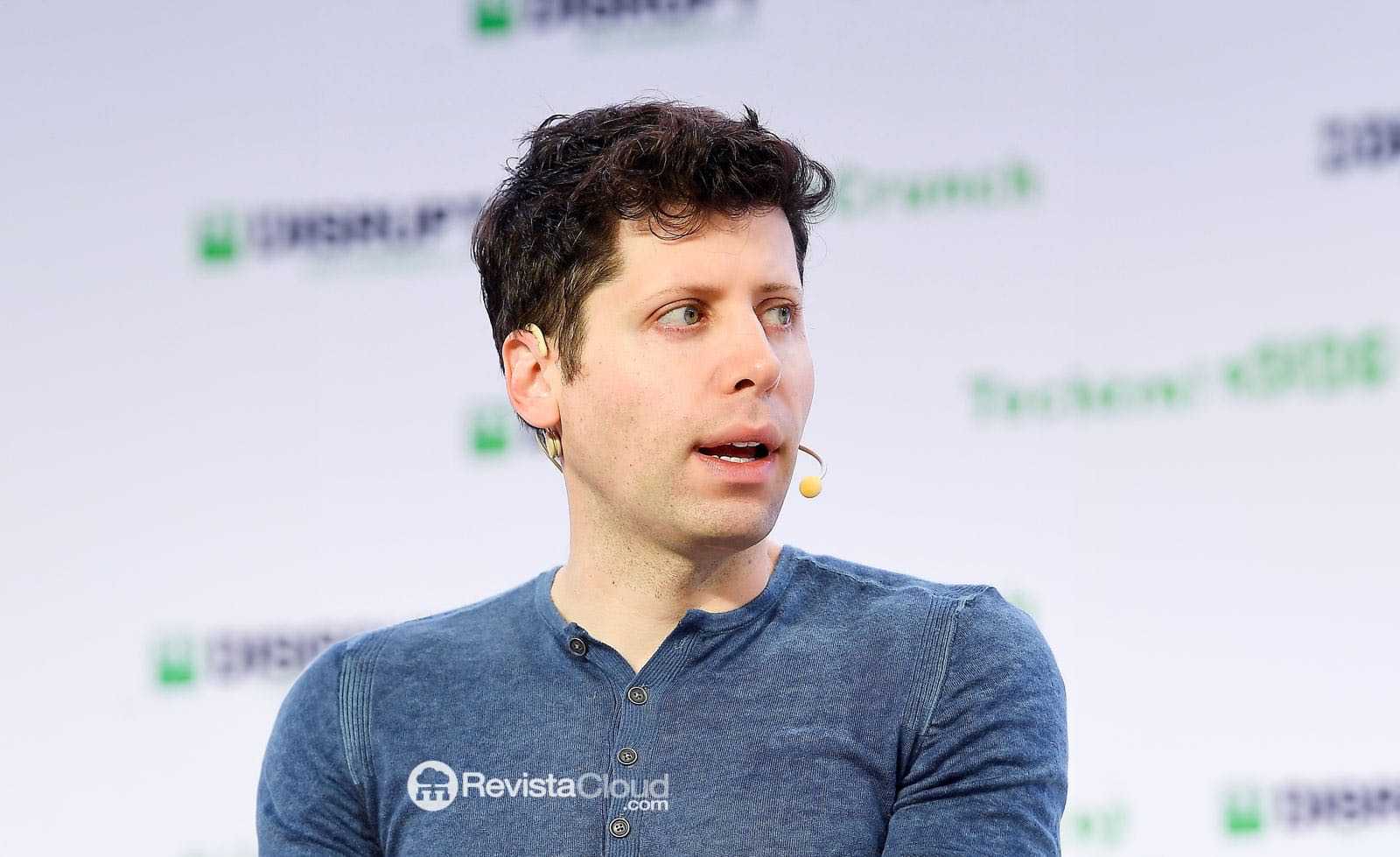Two former members of the OpenAI board of directors, Helen Toner and Tasha McCauley, who were behind the failed attempt to oust OpenAI CEO Sam Altman in November, have once again called for his departure.
Toner and McCauley stand by their original decision to fire Altman in November, claiming that his behavior “undermined key board decisions and security protocols” and represents a “recipe for disaster in AGI (artificial general intelligence).”
They cited accusations from several OpenAI leaders claiming that Altman fostered “a toxic culture of lies” and engaged in behaviors that “can be characterized as psychological abuse.”
They argue that OpenAI cannot hold Altman accountable while he is in charge and that “developments since his return bode ill for OpenAI’s self-governance experiment.”
This attack on Altman’s reputation comes amid a series of public scandals involving him: key members of OpenAI’s security team resigned abruptly because Altman “prioritized appealing products” over security; actress Scarlett Johansson accused Altman of “stealing her voice” for the new GPT-4o, and former employees are reportedly being coerced into signing highly restrictive exit agreements or risk losing their equity stake in the company.
In November, an attempt to remove Sam Altman as OpenAI’s CEO was thwarted, but internal tensions have not abated. Helen Toner and Tasha McCauley, who spearheaded this movement, have renewed their call to the board of directors to oust Altman, alleging that his behavior and leadership are detrimental to the organization.
Toner and McCauley have pointed out that Altman has created a “toxic” work environment, where lies and psychological abuse are commonplace. These accusations add to concerns about lack of accountability and the prioritization of technological developments over safety, which could lead to significant risks in the development of general artificial intelligence.
Altman’s leadership has been under scrutiny following a series of controversies. Several members of OpenAI’s security team resigned, arguing that Altman was more focused on launching innovative products than ensuring the integrity and security of these developments. Additionally, Scarlett Johansson accused Altman of using her voice without permission to train an artificial intelligence model, adding a legal and ethical dimension to the conflict.
The future of OpenAI and its ability to self-govern is at stake. The artificial intelligence community closely watches how this crisis unfolds, as Altman’s leadership and OpenAI’s stability are crucial for the advancement and regulation of artificial intelligence globally. The tension between rapid innovation and rigorous security remains a central theme in the debate on artificial intelligence development.
The renewed call for Sam Altman’s removal underscores the internal tensions and ethical challenges facing OpenAI. The organization’s ability to balance technological advancement with responsibility and security will be decisive for its future and for the public’s trust in artificial intelligence.

